Europe/ United Kingdom/ 30.06.2020/ Source:
The online school set up by the government to support pupils in lockdown is preparing to record 10,000 lessons in July, as the government splashes out £4.3m on providing an online learning “backup” during the new academic year.
Boris Johnson told the House of Commons last week that primary and secondary schools will return in September “with full attendance”, but headteachers suggested it was “pure fantasy” to suggest schools could accommodate all of their pupils while maintaining a safe social distance, even at one metre.
Now, the Observer has learned that Oak National Academy, the government’s new, funded online school, is recruiting 300 teachers to create and record a huge bank of video lessons next month, covering the entire national curriculum for both primary and secondary schools.
“We’re trying to make it as easy as possible for schools to have a really good-quality backup plan if, for whatever reason – and we hope this doesn’t happen – all their pupils can’t be back in school full time for the year ahead,” said Matt Hood, the academy’s principal. “We’re in a slightly weird position where a great outcome for us is that no one uses us.”
He added: “There might be a local lockdown, or pupils shielding, or schools might need to have a rota [where pupils attend part time], we don’t know. In any of those situations, schools need to be as resilient as possible – that means they need to deliver lessons for pupils in their schools and they need to be ready to deliver lessons for some pupils who might be at home.” Oak Academy will provide schools with a “plan B”, he said.
Since the lockdown began, the academy’s 80 teachers have been recording more than 200 online lessons each week from their homes. In total, they have managed to deliver 14m lessons to around four million pupils.
But Hood is concerned that many children from poorer backgrounds haven’t had the technology to be able to access education like their wealthier peers. He said: “This crisis has exacerbated the same age-old problem. On top of all the disadvantages some kids already have, they’ve found themselves in a situation where they’ve been sent home, their home is less likely to have a device and a nice, quiet place where they can study, their parents are more likely to be key workers, and they are more likely to get whacked on [mobile] data charges [because they don’t have broadband].”
As a former recipient of free school meals himself, he is “working on” getting the Department for Education to supply all pupils who need one with a device. The Observer this month revealed that the government’s promise made in April to deliver laptops to disadvantaged teenagers had not yet been fulfilled, with the majority of headteachers saying that they had yet to receive any.
Hood said that, as well as access to laptops, the Department for Digital, Culture, Media and Sport needed to ensure that all online learning platforms could be accessed via a mobile phone connection for free. It could achieve this, he said, by “whitelisting” sites such as his own and BBC Bitesize, another online learning platform – excluding them from all data-streaming charges.
A former economics teacher, Hood set up the online school in a week during the Easter holidays and did not have to compete for the new £4.34m contract because the government used emergency powers to forgo its normal selection process.
The academy had recently been rightly criticised, Hood said, for not having enough teachers from diverse backgrounds. He explained: “The team were some teachers who knew each other, who started messaging each other in a WhatsApp group to see if we could help out. The consequence is that we haven’t been thoughtful or deliberate about diversity, particularly around people from different ethnic backgrounds being well represented.”
He is planning to address this issue during his current recruitment drive and to make sure the academy’s curriculum covers black history and the slave trade, promotes gender equality and reflects the diversity of its learners.
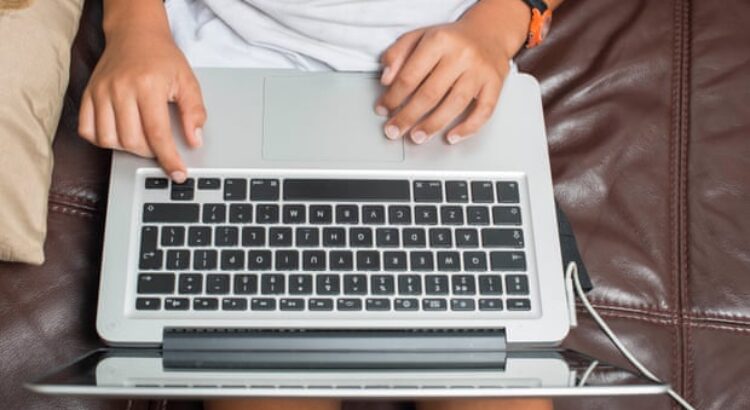
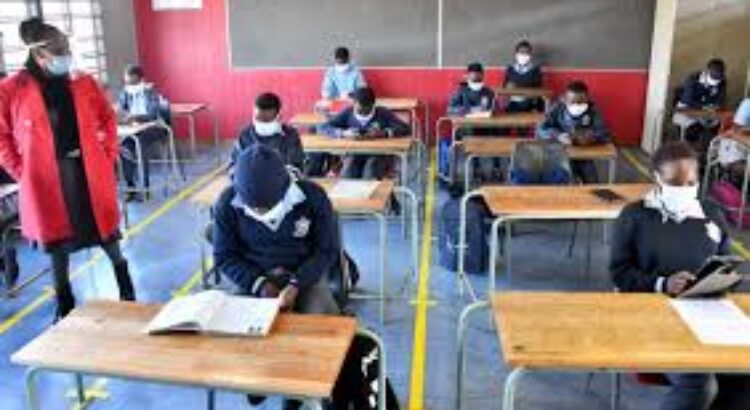
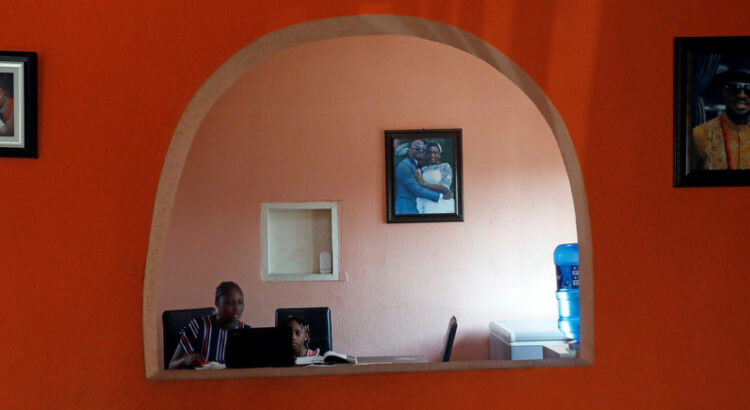

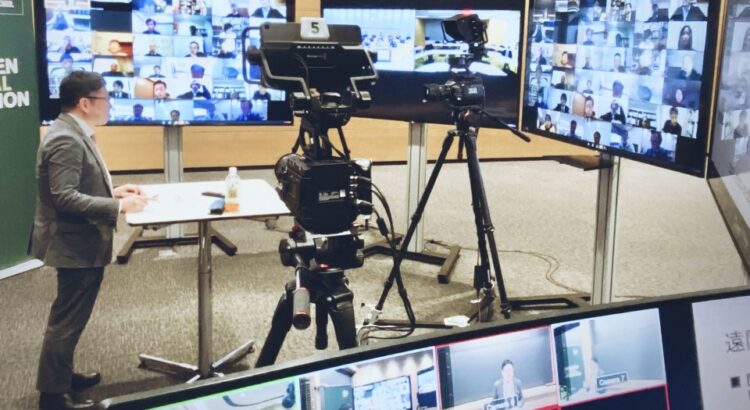
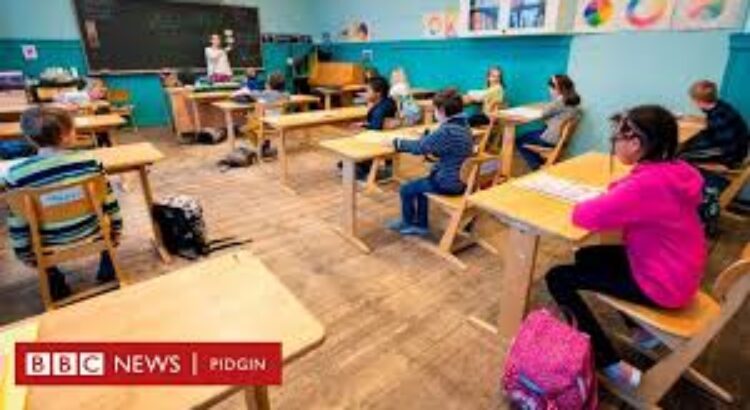

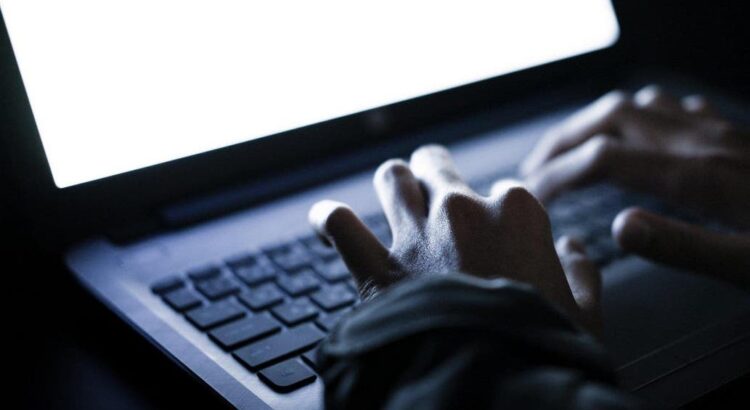







 Users Today : 166
Users Today : 166 Total Users : 35459761
Total Users : 35459761 Views Today : 318
Views Today : 318 Total views : 3418290
Total views : 3418290